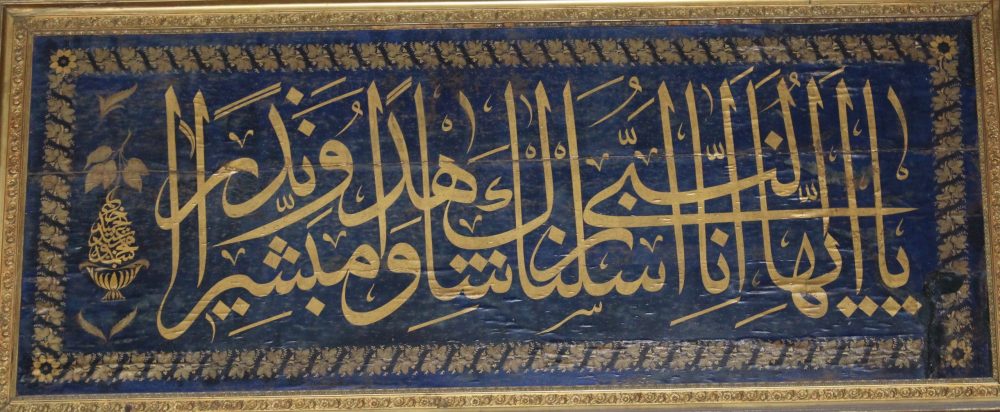Ah, but my calculations, people say,
Have squared the year to human Compass, Eh?
If so, by striking from the calendar
Unborn tomorrow and dead Yesterday.
(Omar Khayyam, The Rubaiyat)
 It’s been over three decades since Muslim leaders in North America have been dithering over the hilal, the new moon crescent that heralds the beginning and end of the Islamic lunar months. For the ordinary Muslim the dispute is a maze. They instinctively know that intentionally missing a fast of Ramadan is a sin that requires expiation and are perplexed why some very senior international scholars have adopted a cavalier attitude when many celebrate Eid on a day a significant number of others are still fasting.
It’s been over three decades since Muslim leaders in North America have been dithering over the hilal, the new moon crescent that heralds the beginning and end of the Islamic lunar months. For the ordinary Muslim the dispute is a maze. They instinctively know that intentionally missing a fast of Ramadan is a sin that requires expiation and are perplexed why some very senior international scholars have adopted a cavalier attitude when many celebrate Eid on a day a significant number of others are still fasting.
For example, this year some national organizations have encouraged ordinary plebs “to celebrate Eid with their local community, following the dates and moon sighting methodology of their qualified leadership.” I am not entirely clear what “dates,” “moon sighting methodology” and “qualified leadership” means, but the jest of it is that the average mosquegoer should not haggle over the hilal. ‘Leave it to scholars,’ they’re told, scholars who seem blissfully oblivious to the implications of their decisions.
